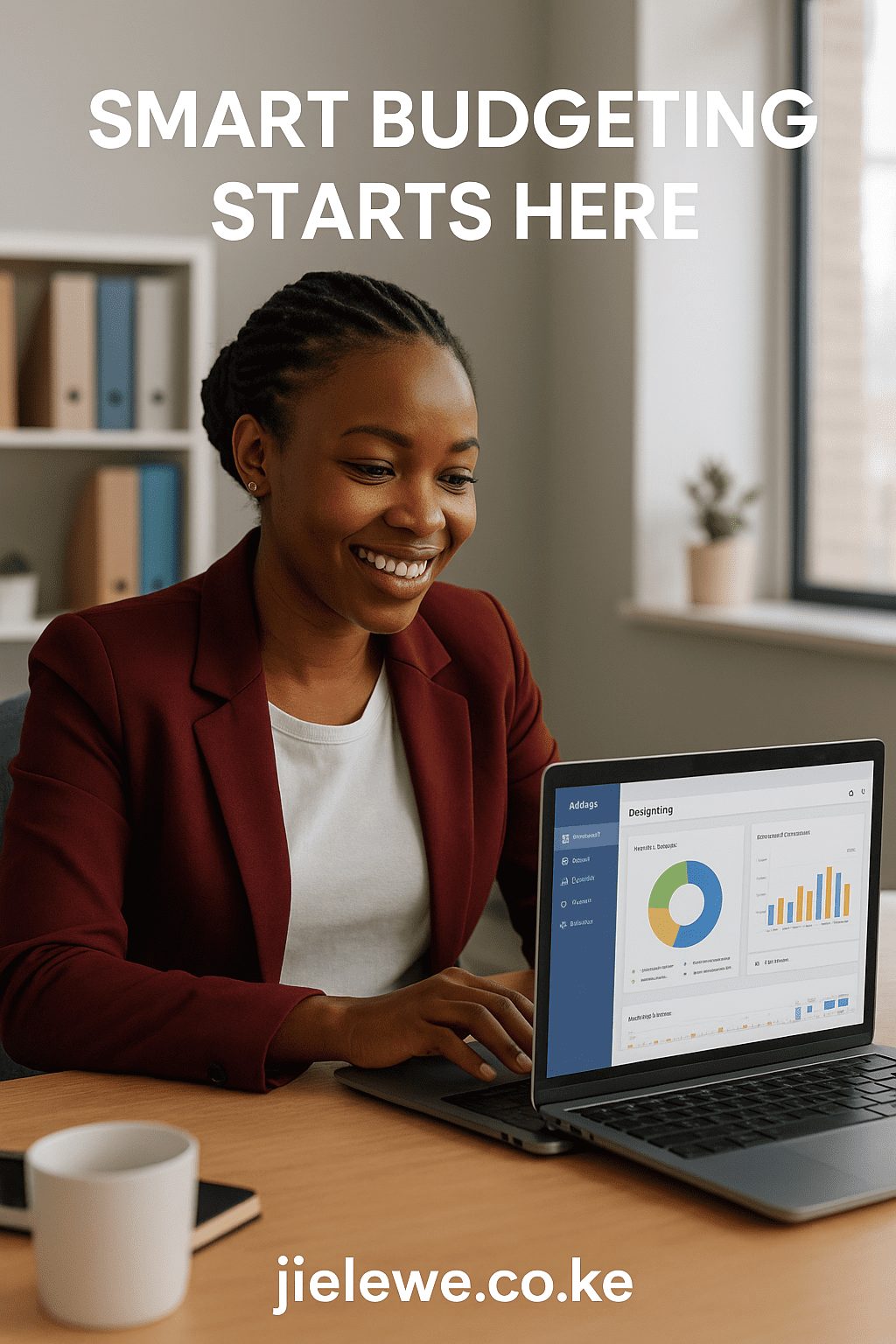Investing is one of the most effective ways to grow wealth and secure long-term financial freedom. Unlike basic saving, investments put your money to work, helping you build assets, generate passive income, and prepare for retirement.
At Jielewe, we simplify investing for Kenyans by answering the most common questions about stocks, bonds, real estate, and other wealth-building strategies. This Investments & Wealth Building FAQs section is designed to guide both beginners and experienced investors toward smarter financial decisions.
👉 Related guides to explore:
Investments & Wealth Building FAQs
Start with low-risk options like savings bonds, mutual funds, or diversified ETFs.
Open an account with a licensed broker or invest through platforms like NSE, Unit Trusts, or digital investment apps.
Stocks offer higher growth potential but higher risk; bonds are safer but with lower returns. Diversify across both.
A common rule is at least 10–20% of your income, adjusted for your risk tolerance and financial goals.
Spreading investments across different assets to reduce risk and improve potential returns.
Check the risk, return, liquidity, fees, and credibility of the platform or company.
Compounding is earning interest on both your initial capital and the accumulated interest, growing wealth exponentially over time.
Yes, digital platforms allow investing small amounts regularly, making it accessible to everyone.
Exchange-Traded Funds (ETFs) are collections of stocks or bonds that trade on stock exchanges, ideal for beginners.
Research thoroughly, verify licenses, and avoid schemes promising guaranteed high returns.
Passive investing follows the market (like index funds), while active investing requires frequent buying and selling to beat the market.
Consider market volatility, time horizon, liquidity, and your personal risk tolerance.
Cryptocurrency is highly volatile. Only invest what you can afford to lose and do thorough research.
Investing a fixed amount regularly regardless of market price, reducing the impact of volatility.
Capital gains, dividends, and interest income may be taxed. Plan and invest through tax-efficient instruments when possible.
An investment that offers above-average returns, usually with higher risk. Balance with safer assets.
Use your brokerage platform or investment account to liquidate assets, ensuring you understand fees and tax implications.
Adjusting your investments periodically to maintain desired risk levels and asset allocation.
Yes, especially for complex investments, but educate yourself first to make informed decisions.
Use your investment platform, apps like Jielewe, or spreadsheets to monitor returns and adjust your strategy.
Conclusion
Wealth building is not about luck — it’s about discipline, patience, and making informed choices. By combining consistent saving habits with smart investments, you can grow your financial security step by step.
At Jielewe, our goal is to help you transition from just saving money to creating wealth that lasts for generations. Whether you’re investing in stocks, property, or retirement funds, the key is to start early and stay consistent.
💡 Remember: Every great investor began with their first investment. Your journey to wealth can start today.
